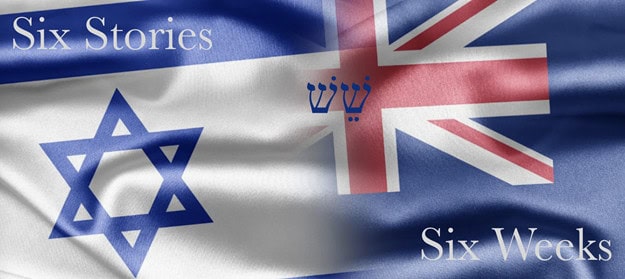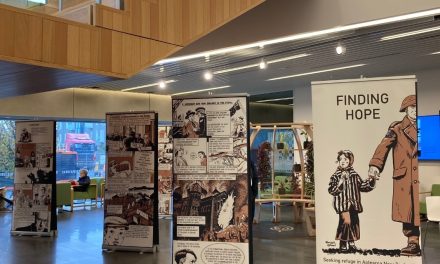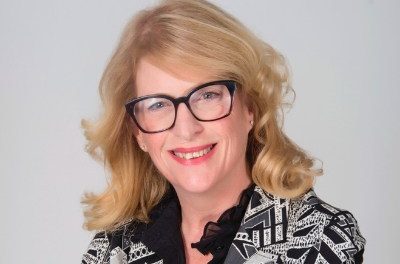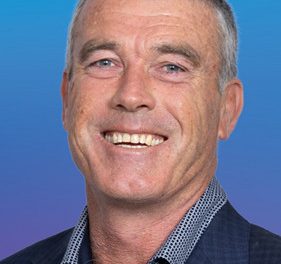By Mitch Kora and Miriam Bell…
Over the last couple of weeks One Community Chronicle correspondent Mitch Kora has been talking to people visiting a Tel Aviv fountain that has become a memorial to the October 7 hostages.
Several shared their thoughts and feelings with her, before and after the ceasefire. Here’s her report on what they told her…
In Tel Aviv’s Dizengoff Square, the fountain known as אֵשׁ וּמַיִם (Fire and Water) has taken on new meaning. Once a kinetic sculpture at the center of the city’s life, it is now set up as a memorial for each of the hostages taken on October 7, and has become a place for quiet reflection.
The name Fire and Water also reflects the starkly opposing views held across Israeli society — yet within that contrast lies a unity that is often overlooked.
Located about ten minutes from the larger and more visible Hostage Square, the space around the fountain offers a different kind of atmosphere.
There are toys, gifts, and personal belongings laid out in memory and solidarity. The steady rhythm of the fountain contrasts with the weight of what surrounds it. It’s a public space transformed by personal loss and collective concern.
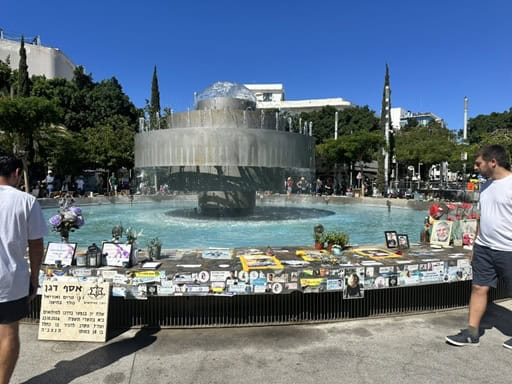
Tziporah visits daily with her husband, Eitan. She says they don’t know any of the hostages. “But we come here every day to support, and to protest silently for the war to end.”
As we speak, families begin arriving with suitcases. Inside are framed portraits and items to add to the growing display. Some remove faded photos and replace them with updated ones. The scene is quiet, purposeful.
Eitan adds: “The war needs to end. Everything should go back to how it was before October 7. The hostages need to come home. That should be the focus.”
Rachel Moore, who runs a media company based in Judea, emphasises the centrality of the hostage issue, but with a broader context in mind:
“Israel’s first priority is to ensure the safety of its citizens. Of course we want them home, but there’s a bigger security picture too.”
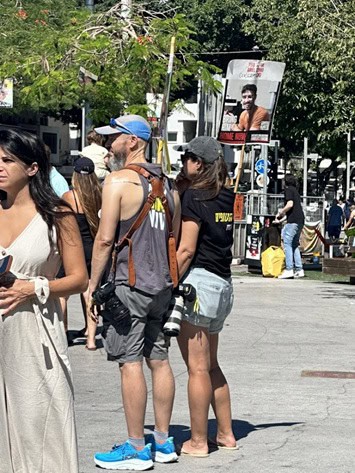
A week later, after Simchat Torah and the release of the remaining live hostages, Rachel says that the mood remains complex.
“We are not celebrating. It’s a time of cautious hope: layered, emotional, and unsettled. My son is still in Gaza. My neighbors buried their children while trying to rescue hostages.”
She expresses frustration with international narratives that suggest the conflict is resolved.
“We have not dismantled Hamas. Trump likes to say things about them being disarmed, but that hasn’t happened. Not yet, anyway.”
Still, among those deeply affected, there are voices of hope and quiet strength. Tamar, who lost both her parents in a terror attack at the age of 17, has become a source of perspective for many.
“She doesn’t see herself as a victim,” Rachel says. “She focuses on others, and on the joy of families being reunited. She lived her life that way. It’s inspiring and humbling, and also deeply sad.”
Rachel has also spent time with survivors of the Nova music festival. Many of them are only now starting to speak about what happened, she says.
“It took two years for some of them to find their voice. Only now, after the release of the hostages, do they feel they can share their experience from October 7. For many, this was the first time I had ever heard them speak about it.”
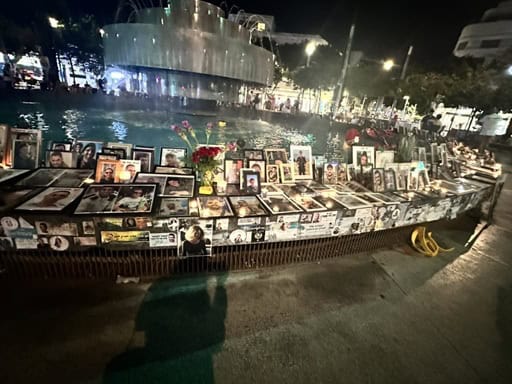
Even with the hostages home, not all have returned.
“We are still waiting for the return of every victim, including the dead,” Rachel says. “Until all of us are back, none of us are back.”
But as the country tries to move forward, the emotions remain layered.
“It’s a lot to hold at once,” Rachel says. “But here, we try to focus on life — on what we still have, on what can be rebuilt.”
Read the introduction to Mitch Kora’s “Six Stories, Six Weeks” on the One Community Chronicle HERE.
Read the previous stories in Kora’s series below:
- Tourism – The small hotels of Jerusalem: https://1.org.nz/six-stories-six-weeks-tourism-the-small-hotels-of-jerusalem/
- The wives of IDF reservists: https://1.org.nz/six-stories-six-weeks-miluima-the-wives-of-the-idf-reservists/
- Building a sukkah in Tzvat: https://1.org.nz/six-stories-six-weeks-building-a-sukkah-in-tzfat/
- Israel’s high social capital: https://1.org.nz/six-stories-six-weeks-israels-high-social-capital/

